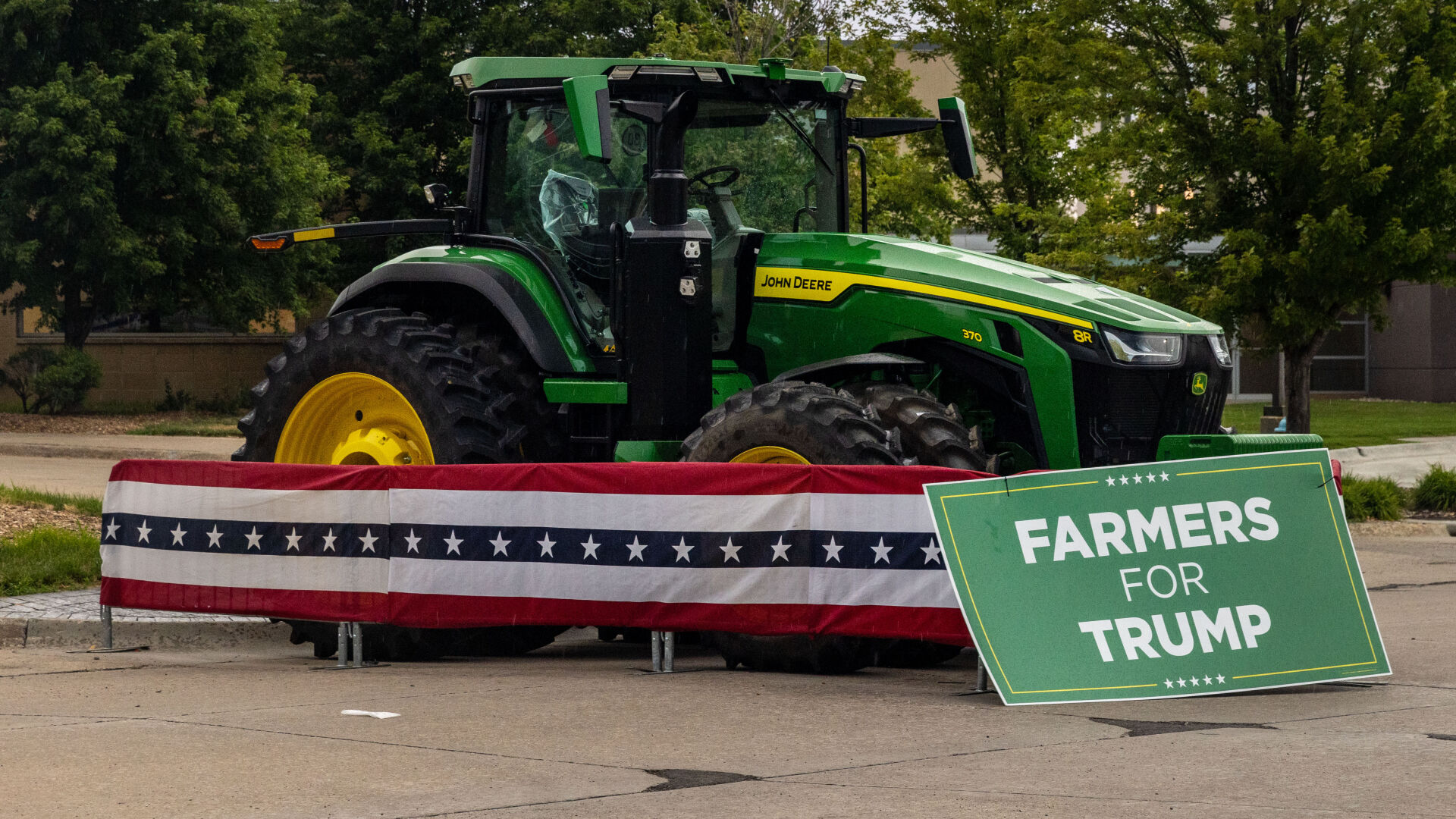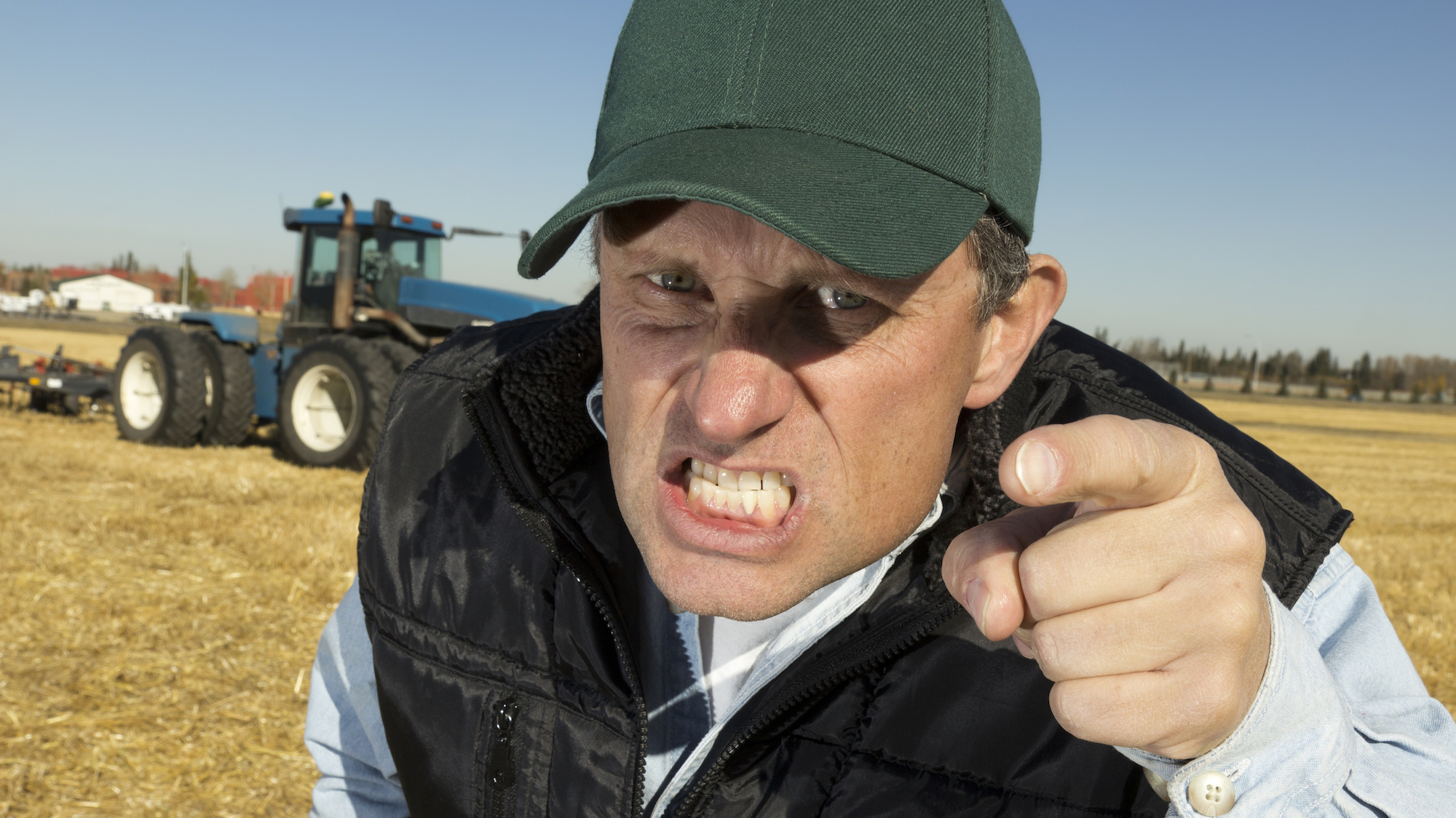Latin America
Related: About this forumWisconsin Dairy Industry Relies on Undocumented Immigrants, but State Won't Let Them Legally Drive
Caleb Alvarado
Thursday, August 3, 2023
Melissa Sanchez and Maryam Jameel / ProPublica
Central Wisconsin’s Clark County is home to more dairy farms than any other county in the state, which bills itself as America’s Dairyland. Its identity is so tied to the dairy industry that a 16-foot-tall, black-and-white talking Holstein stands outside downtown Neillsville, the county seat.
To corral the cows, milk them and clear their manure at these dairy farms — the dirty, dangerous work that makes this multibillion-dollar industry go — farm owners here and across Wisconsin rely on a labor force that they know is largely undocumented.
But the state makes it almost impossible for workers to have lives outside the farm without breaking the law. In Wisconsin, undocumented immigrants can own and register their cars and trucks, but they aren’t allowed to drive them. Those who drive anyway are pulled over again and again and again, and issued tickets that eat away at their wages.
The law banning undocumented immigrants from obtaining driver’s licenses has cascading effects across the state. Law enforcement officials say the roads are less safe because undocumented immigrants aren’t trained and tested on basic driving rules but they drive anyway — and often without insurance. Court officials say tickets for driving without a license overwhelm their dockets and drain their limited resources. Farmers say they have to build or find employee housing to help their workers avoid getting ticketed.
The workers, many from remote, impoverished communities in Latin America, are grateful for the jobs. And yet they feel trapped.
More:
https://elfaro.net/en/202307/centroamerica/26968/wisconsin-dairy-industry-relies-on-undocumented-immigrants-but-state-won-rsquo-t-let-them-legally-drive
ret5hd
(22,417 posts)tend to vote in state elections? R? D?
In national elections? R? D?
I have my suspicions, but my doubts also. Any insight?
Judi Lynn
(164,122 posts)They probably love the thought of shrinking the government, too, but would kill anyone who'd breathe a word about reducing their agricultural subsidies.
Just a guess.



Older article:
ENVIRONMENT
OCTOBER 31, 2016
Farmers Are Huge Trump Supporters. Here’s Why.
They prefer The Donald by a 3-to-1 margin, a new poll finds.
Tom Philpott
TOM PHILPOTT
Reporter
As the election lurches into its final days, Donald Trump’s electoral prospects are as voluble as the man himself, one minute receding into the same fog that once claimed Trump steaks and other failed enterprises; the next, buoyed by a surprise lurking in a disgraced former congressman’s, uh, “device,” and a Republican FBI chief’s strange decision.
Meanwhile, Donald-mania burns bright among at least one subset of the population far from the rollicking events in Washington, DC: farmers and ranchers.
Few places combine embattled white identity and economic stress quite like farm country.
According to a new poll by trade journal Agri-Pulse, conducted October 5 to October 18, Trump leads Democratic rival Hillary Clinton by the commanding margin of 55 percent to 18 percent among farmers with operations of at least 200 acres. Of the rest, 15 percent were undecided, 8 percent declined to answer, and a combined 3 percent supported third-party candidates Gary Johnson and Jill Stein.
While farmers make up a tiny part of the national electorate—there are about 662,000 farms that are more than 180 acres in size, according to the latest US census numbers—they actually could make a difference in the election in a key swing state: Ohio, where Trump enjoys the support of 68 percent of farmers, the poll found.
Why would a lifelong urbanite who splits his time between Manhattan and Palm Beach (shuttled to and fro on his private jet) enjoy such robust support in the heartland? The answer may lie in The Donald’s unmatched ability to deliver an angry, frothing rant. The Agri-Pulse poll finds that 86 percent of respondents reported being somewhat or very dissatisfied with the way things are going in the United States. (That’s even higher than the 70 percent rate found in Gallup’s latest poll of the overall US population.) On a question about the “overall state of agriculture today,” “dissatisfied” trumped “satisfied” by 60.4 percent to 37 percent, the poll found.
As Siena Chrisman recently put it on Civil Eats, “Rural America is mad.” She notes that Trump polls strongest in places where “white identity mixes with long-simmering economic dysfunctions,” quoting a New York Times analysis. And few places combine embattled white identity and economic stress quite like farm country. According to the US census, just around 150,000 of the nation’s 2.1 million farmers are Hispanic, black, Native American, or Asian.
As for the farm economy, this US Department of Agriculture chart tells a story of long-term stagnation, briefly interrupted by the government-engineered ethanol boom from 2006 to 2013. Look at the bottom line—”net farm income,” which measures what farmers take home after expenses.
More:
https://www.motherjones.com/environment/2016/10/trump-farmers/